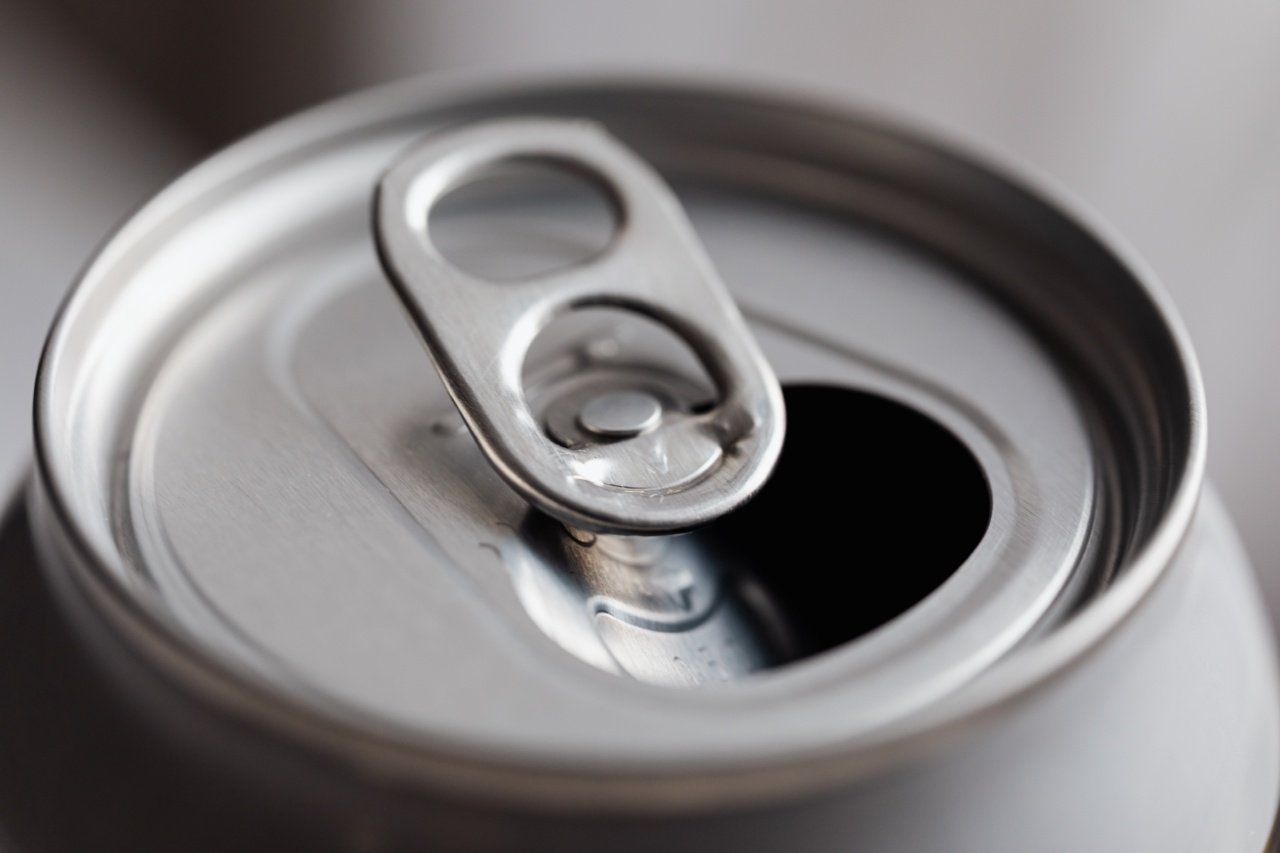Water is an essential component for maintaining the hydration level of an individual. It is especially crucial for babies who are rapidly developing and growing.
However, when it comes to giving water to babies, many parents are confused about the right age to introduce water to their child’s diet. This article aims to provide comprehensive information on when babies can start drinking water and the appropriate way to do it.
When Should Babies Start Drinking Water?
Breast milk and formula milk are the primary source of nutrition for a baby in their first six months. Thus, introducing water during this period is not necessary.
In fact, drinking water can fill the stomach of a baby and make them miss out on the much-needed nutrients from breast milk or formula milk.
Once the baby turns six months old, they can start drinking water in small quantities.
The American Academy of Pediatrics (AAP) recommends that babies exclusively breastfeed for the first 6 months, followed by the introduction of solid foods in combination with continued breastfeeding until 12 months of age or longer.
After the baby is six months old, the amount of water required will depend on their diet, weather conditions, and activity level.
It is essential to note that water should not replace breast milk or formula milk, as they are still critical sources of nutrition.
How Much Water Should Babies Drink?
The amount of water babies require will vary based on their age and individual factors such as activity level and weather conditions.
Generally, babies under six months of age do not need extra water, as breast milk or formula milk provides the necessary hydration.
Once babies turn six months old, parents can offer a few sips of water after introducing solid foods. You do not need to force your baby to drink water. Just make sure you offer water in small sips and let them drink as much as they want to.
The rule of thumb is to offer small amounts of water (about two to four ounces) to the baby regularly throughout the day. It is crucial to ensure that babies do not drink too much water at once as it can be harmful.
Overconsumption of water can lead to water intoxication, which affects electrolyte balance, brain, and heart function.
How to Introduce Water to Babies?
When introducing water to your baby, ensure that it is clean, and free from any contaminants. Tap water in most developed countries is safe for consumption.
However, it is advisable to consult with your pediatrician on the best source of water for your baby.
You can offer water to your baby in a bottle or a sippy cup. Some babies may prefer drinking from a cup, while others may prefer a bottle. Just remember to use age-appropriate cups and bottles to ensure they are comfortable and safe for the baby to use.
It is essential to keep in mind that babies may not be able to control the amount of water they drink. Therefore, it is necessary to supervise your baby while they drink water to prevent overconsumption.
When Should You Avoid Giving Water to Babies?
While it is generally safe to give babies water, there are some instances when it is not advisable. For instance, it is not recommended to give water to babies below six months of age.
Additionally, babies who are suffering from diarrhea, vomiting or fever should not be given plain water as it can make the symptoms worse.
Another instance where water intake is not ideal is during breastfeeding sessions. Water can fill up the stomach of the baby and reduce their desire to nurse or reduce the amount of nutrients they absorb from the milk.
If the baby is dehydrated or the milk supply is low, consider providing water a while before breastfeeding to supplement the baby’s hydration levels.
Conclusion
Water is an essential part of maintaining a baby’s hydration levels. However, the introduction of water should be done in moderation and only after six months of age when solids are introduced to the baby’s diet.
Parents should provide small amounts of water throughout the day, depending on the baby’s activity level, diet, and weather conditions. However, avoid overconsumption of water and be careful to avoid instances where water intake is not advisable, such as the instances mentioned earlier.































